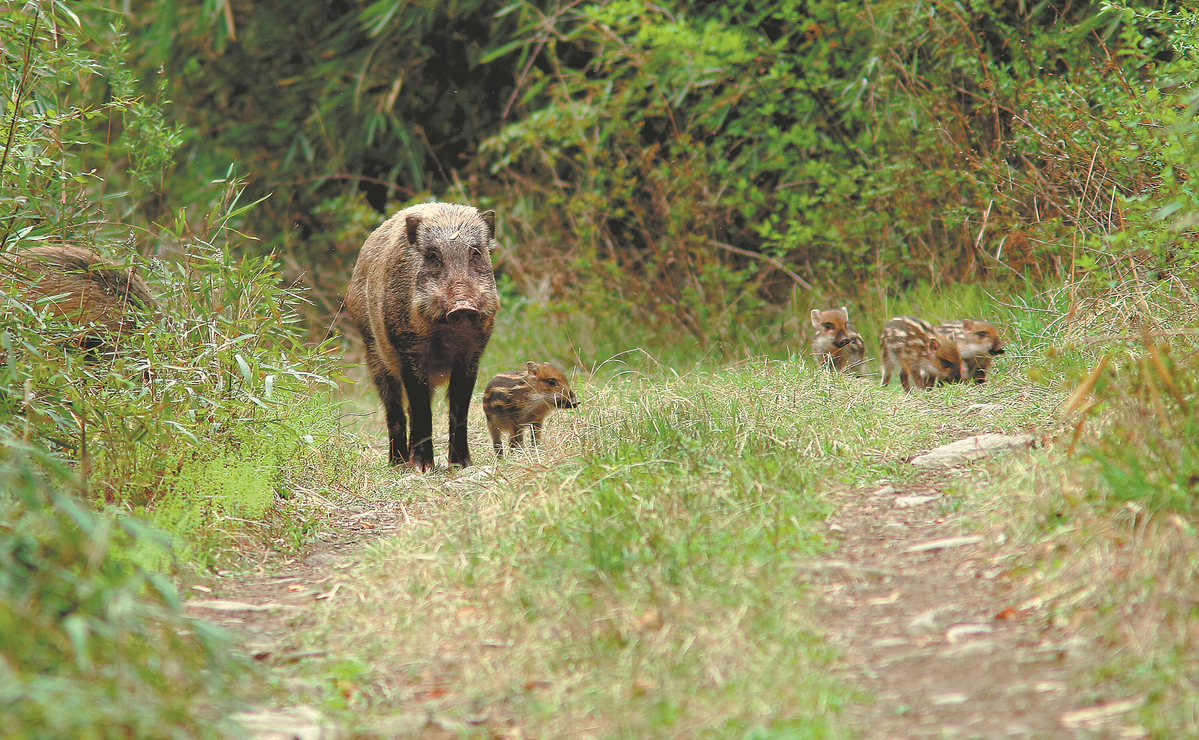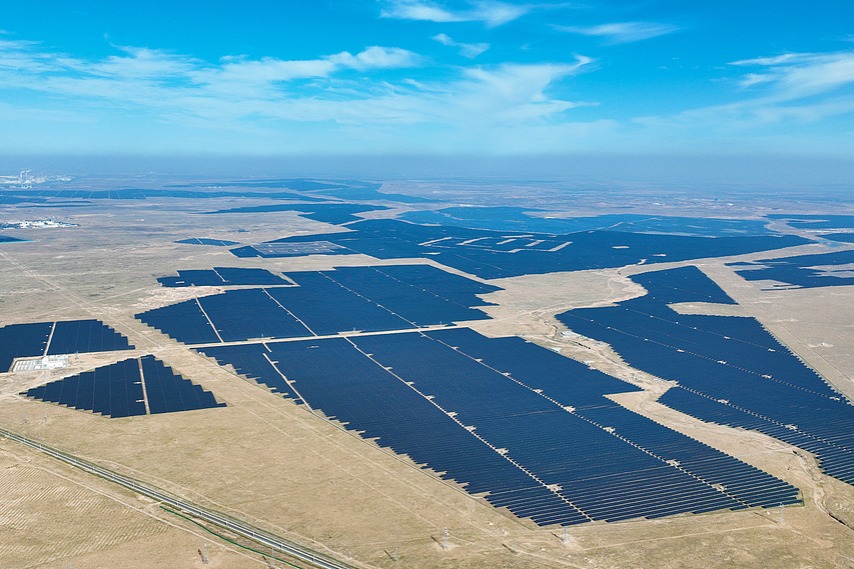Restore habitat to protect humans from wild boars


The number of wild boars in China is estimated to have reached 2 million. The fast rising number of the animal is becoming a headache for residents at some places.
Currently, wild boars are seen as a problem in 857 counties across 26 provincial-level administrative regions, particularly in South China and Southwest China.
Wild boars have strong reproductive capacity and strong adaptability, so their numbers are growing rapidly.
Due to historical reasons, some areas lack natural predators of wild boars, such as tigers, leopards and wolves, leading to a rapid growth of the wild boar population. In addition, the intensity of human interference has also decreased, making the environment more suitable for the animal's survival and growth in numbers.
Earlier, pilot projects have achieved good results in the prevention and control of damage caused by wild boars, payment of insurance compensation for such damage, and allowing for appropriate hunting in areas where the animals have caused serious damage, thus addressing the practical problems faced by farmers.
The next steps are mainly based on the work plan for the prevention and control of damage caused by wild boars and other terrestrial wild animals, jointly issued by 15 departments including the National Forestry and Grassland Administration. It is necessary to protect the lives and property of the people, ensure the order of production and life, and maintain ecological balance and protect biodiversity.
The threat from wild boars is an example of animal-human conflict for space, but it also reflects some imbalance in the ecological environment. As some experts suggest, it's necessary to restore the animal's habitat and food chain to achieve harmonious coexistence between humans and wild boars.
CHINA MEDIA GROUP


































